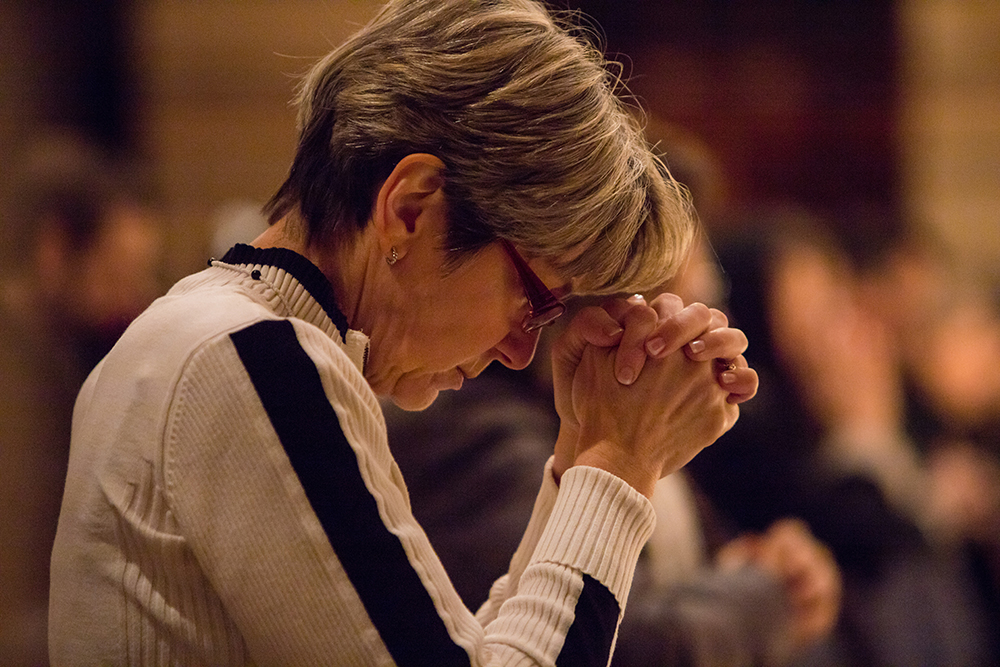The Breviary (also known as the Liturgy of the Hours) was revised by Rome in 1970. Strangely, the English translation of the conclusion of the Glory Be was different from the one most commonly known: “as it was in the beginning, is now, and ever shall be, world without end.” In effect, the “ever shall be, world without end” phrase was truncated to “will be forever.” Exactly why this was done is not clear. One explanation is that it would render the Glory Be (a prayer that is repeated often in the Breviary) smoother. Another explanation that some of the members of the translation committee offered was that it was more accurate.
To be fair, the Latin of the final phrase of the Glory Be is difficult to translate well into smooth English. The Latin ending is, sicut erat in principio, et nunc, et semper, et in saecula saeculorum. A literal rendering is, “as it was in the beginning, and is now, and is always, and unto ages of ages.” As you can see, “world without end” is not really what the Latin says. “Unto the ages of ages” is basically a way of saying, “for a very long time,” or, more simply, “forever” — hence the shorter version. While ignoring saecula seculorum is more accurate, it folds the idea of the ages into the word semper (“always”).
That said, the version of the Glory Be known by the vast majority of Catholics is the traditional one, which ends “world without end.” And thus there are many stumbles when people less familiar with the Liturgy of the Hours pray it together with those experienced in praying it.
Current plans are underway to retranslate the English version of the Liturgy of the Hours, as was recently done with the Mass. It is expected that the Glory Be will be put back to the older form since that will help avoid issues created with two versions of the Glory Be known by the faithful.

